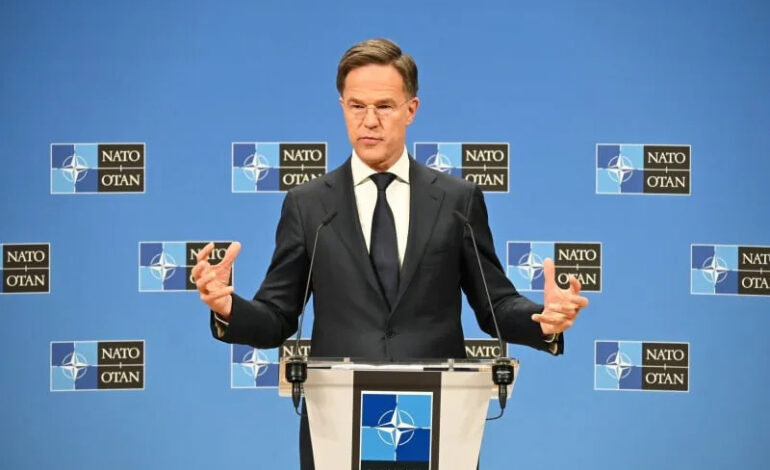NATO Enhances Air Defenses Following Russian Airspace Breach

NATO has announced a new initiative to strengthen air defenses for its eastern European members in response to a recent violation of Polish airspace by Russian drones. NATO Secretary General Mark Rutte confirmed that the organization will deploy a range of military assets from various member nations to enhance security in the region. This decision comes after an incident where 19 Russian drones entered Polish airspace, raising significant concerns about NATO’s eastern flank security.
During a press conference held alongside NATO Supreme Allied Commander Europe Alexus Grynkewich, Rutte stated that the new mission aims to “bolster our posture even further along our eastern flank.” He emphasized the ongoing assessment of the airspace violations on Wednesday, March 13, 2024, noting that regardless of whether Russia’s actions were intentional, they constituted a violation of NATO airspace. “Whether intentional or not, it is dangerous and unacceptable,” Rutte remarked.
The incident on March 13 marked the largest concentration of airspace violations recorded by NATO. Rutte highlighted that this was not an isolated event, with similar breaches reported in other Baltic states, including Romania, Estonia, Latvia, and Lithuania. These developments reflect a concerning trend in regional security and the need for NATO to adapt its defense strategies accordingly.
NATO’s response underscores the alliance’s commitment to protecting its member states. The new mission will involve collaboration among several NATO countries to ensure that airspace integrity is maintained and that any potential threats are addressed promptly. The organization continues to monitor the situation closely and is prepared to respond to any further violations.
Rutte’s statements come at a time of heightened tensions between NATO and Russia, as the alliance seeks to reassure its eastern members of their safety and security. The introduction of additional air defenses signals NATO’s resolve to deter any aggressive actions that may threaten regional stability.
As NATO enhances its air defense capabilities, the alliance aims to foster a sense of security among its eastern European members. The ongoing reassessment of military strategies reflects the dynamic nature of geopolitical relations in the region and the importance of readiness in the face of evolving threats.






